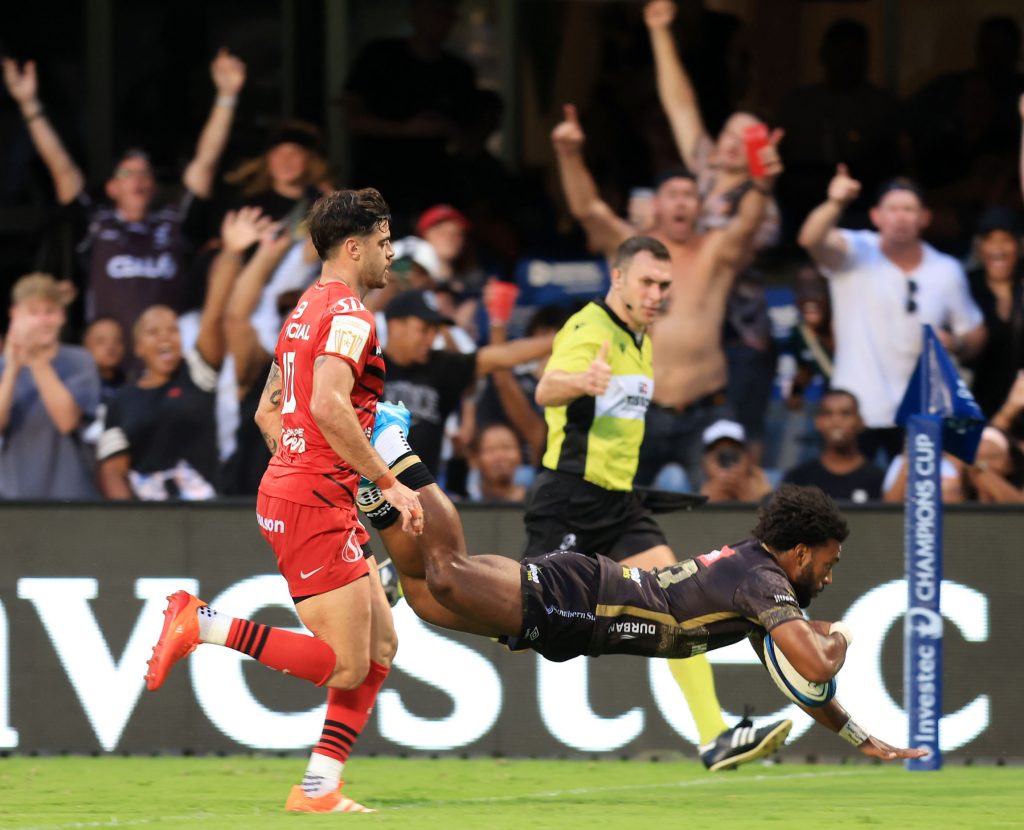It will be used in the competition for the first time after it was implemented in last year’s Rugby Championship in the southern hemisphere and the end-of-year Autumn Nations Series in the north.
The law, which enables teams to replace a red-carded player after 20 minutes for non-serious foul play, was previously rejected by the Champions Cup.
Six Nations organisers have taken a different view, however, despite previous objections by some of the competing nations such as France and Ireland.
“Across the game, everyone is working together to ensure we are exploring new and innovative ways to make the game as safe as possible, alongside ambitions to enhance the spectacle for fans, and the experience for players,” Six Nations Chief of Rugby Julie Paterson said.
“The Autumn Nations Series was a great case study for the progress that is being made, and it is going to be incredibly exciting to see this continue and evolve through the Six Nations Championships.
“The law trials and innovations being introduced are intended to enhance the experience for fans, but they are also there to clarify areas of the game for teams, coaches and players, while supporting match officials, with a spotlight on the vital role they play at the centre of our sport.
“To continue the momentum created in the Autumn Nations Series 2024, across each of the 2025 Six Nations Championships allows us to ensure we are consistent in our approach and ambition to drive standards in all areas, across the elite men’s and women’s game together with development competitions.”
Both France and Ireland have previously hit out at the 20-minute red card, while many of the Six Nations countries were thought to be sceptical about the idea.
Last October, the FFR said the law “could encourage dangerous behaviour” while the IRFU felt that “player welfare and safety was paramount” in response to its potential implementation.
The alteration to the red card law has generally been driven by those in the southern hemisphere, particularly Australia and New Zealand, but the fact that it is being used in this year’s Six Nations could suggest that the north is warming to the idea.
It is one of several law trials being used in the upcoming Championship with the Six Nations also taking on those which were implemented across the global game in January.
That includes protecting the nine, which will no doubt delight every other team facing Antoine Dupont, and a 30-second time limit for scrums and lineouts to be formed.
There will also be a shorter shot clock of 60 seconds for conversions, as well as allowing for the game to play on should a not straight lineout be uncontested.
Another idea included is the ‘on mic’ trial which was used in the Autumn Nations Series and enabled the referee to communicate the key decisions to the supporters in the stadium.
The Six Nations will also have the ‘Touchfinder’ system, described as “an evolution of the Smart Ball technology” that identifies exactly where the ball has crossed the touchline.

























